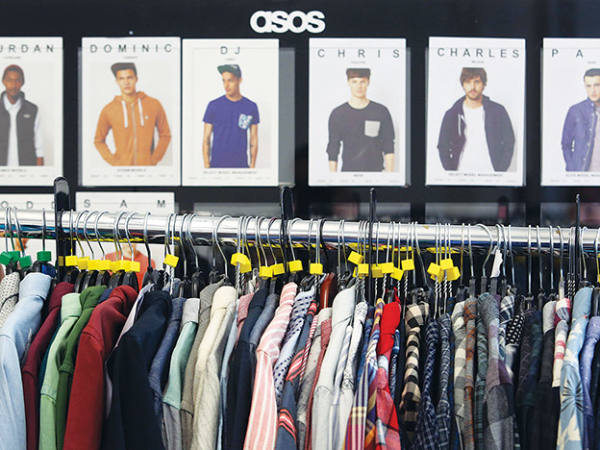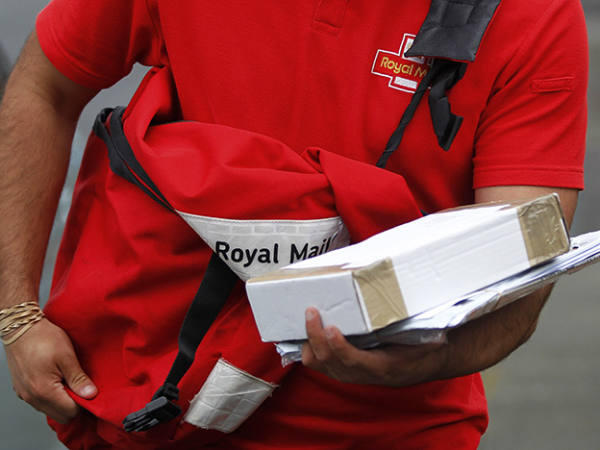Andrew ‘Twiggy’ Forrest is famous for his 'larrikin' approach to business in Australia. This is not larrikin behaviour in the Shane Warne mould but more related to Forrest’s habit of not being cowed by the establishment. This saw him force his way into the top tier of iron ore producers globally with Fortescue Metals Group (AU:FMG).
Forrest’s latest crusade – through FMG offshoot Fortescue Future Industries (FFI) – is to bring green hydrogen to the world. He took his extremely ambitious campaign to the next level last week, signing a memorandum of understanding to provide Germany and other EU countries with green hydrogen.
“Green energy will reduce fossil fuel consumption dramatically in Germany and quickly help substitute Russian energy supply, while creating a massive new employment-intensive industry in Australia,” Forrest said. Sounds perfect, right? A press conference in Berlin with a German minister taking part made the deal look more official.
But this agreement is between FFI and the German electricity utility company E.ON (DE:EOAN) to form a “research and study partnership”. The end goal is 5mn tonnes of green hydrogen production a year by 2030, which Forrest said could cost $50bn (£38bn) – FFI later said this was a high-level estimate, however.
Hydrogen can be added to gas supplies, cutting natural gas demand, but the swiftest impact would come from swapping existing 'grey' hydrogen produced using fossil fuels (usually gas) with that produced by renewables. Over 95 per cent of current European hydrogen demand is for chemicals and refining, with other uses such as transport and energy storage years away from requiring large amounts of the gas, so the environment would be better served by green hydrogen being made locally alongside existing industrial plants, rather than shipped from Australia.
But, like his massive ad campaign promoting hydrogen in the lead-up to last year’s COP26 climate conference in Glasgow, Forrest has captured the zeitgeist. RBC Capital Markets analyst Biraj Borkhataria wrote in a new report that the panic over European reliance on Russian gas would likely lead to a whole gas-intensive step in hydrogen take-up, blue hydrogen, being skipped.
“The economics and growth are likely to shift away from blue hydrogen and towards green, we think,” said Borkhataria.
RBC’s forecasts make for daunting reading even as astronomic gas prices make renewables more appealing: another $70bn worth of renewables capacity is needed to replace half of the current ‘grey’ (non-carbon offset) hydrogen production, and another $110bn for the electrolysers that are required to actually produce the hydrogen.
But let’s not miss the Forrest for the trees here: blue hydrogen was always a fillip for heavy polluters using non-scale carbon capture technology. Skipping that middle step will have tangible benefits, even if the 5mn tonnes a year goal from FFI turns out to be a pipe dream.











